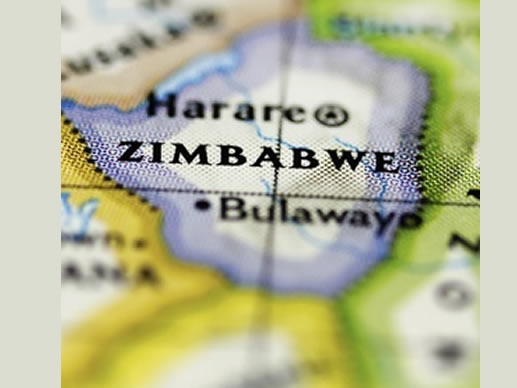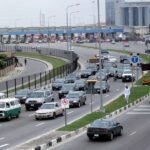
The government’s official record, seen by AFP, said President Emmerson Mnangagwa “fixes the 23rd day of August 2023, as the day of the election to the office of President.”
Elections for the National Assembly and local government will also be held that day.
Mnangagwa’s ZANU-PF party, which has been in power since independence in 1980, will face off against the Citizens Coalition for Change (CCC) led by Nelson Chamisa, a 45-year-old lawyer and pastor.
He will be Mnangagwa’s opponent for a second time.
Chamisa on Tuesday called on Mnangagwa to set a date for the poll after prolonged uncertainty and flip-flops.
The CCC also cried foul over the electoral roll, saying many voters, including some senior politicians, had had their names had been removed or misplaced on the register.
Zimbabwe, a country landlocked between Mozambique, South Africa, Botswana and Zambia, has a population of 15 million, according to the latest census.
Mnangagwa replaced strongman ruler Robert Mugabe in 2017 after a military-led coup but faces widespread criticism of authoritaranism and discontent over the economy.
The country has been plagued for years by deepening poverty, chronic power cuts and crippling hyperinflation.
In 2018 Mnangagwa, dubbed “the Crocodile” for his political cunning, narrowly won a violence-stained election with 50.8 percent of the vote, a result which Chamisa denounced as fraud.
Analysts say Chamisa faces an uphill battle this time around, in the face of a clampdown on CCC events and arrests of party officials.
The country is ranked 137th out of 180 countries in Reporters Without Borders’ 2022 World Press Freedom Index, and 157th out of 180 countries by Transparency International for perceived corruption.
AFP





